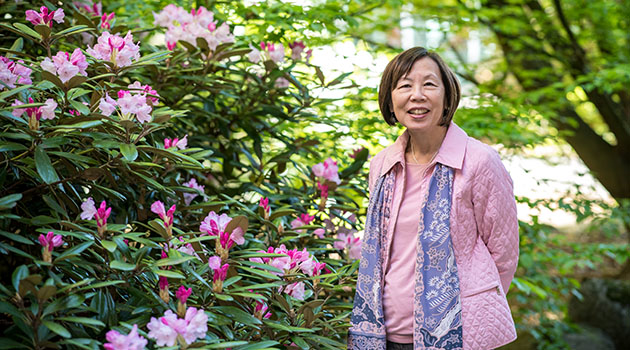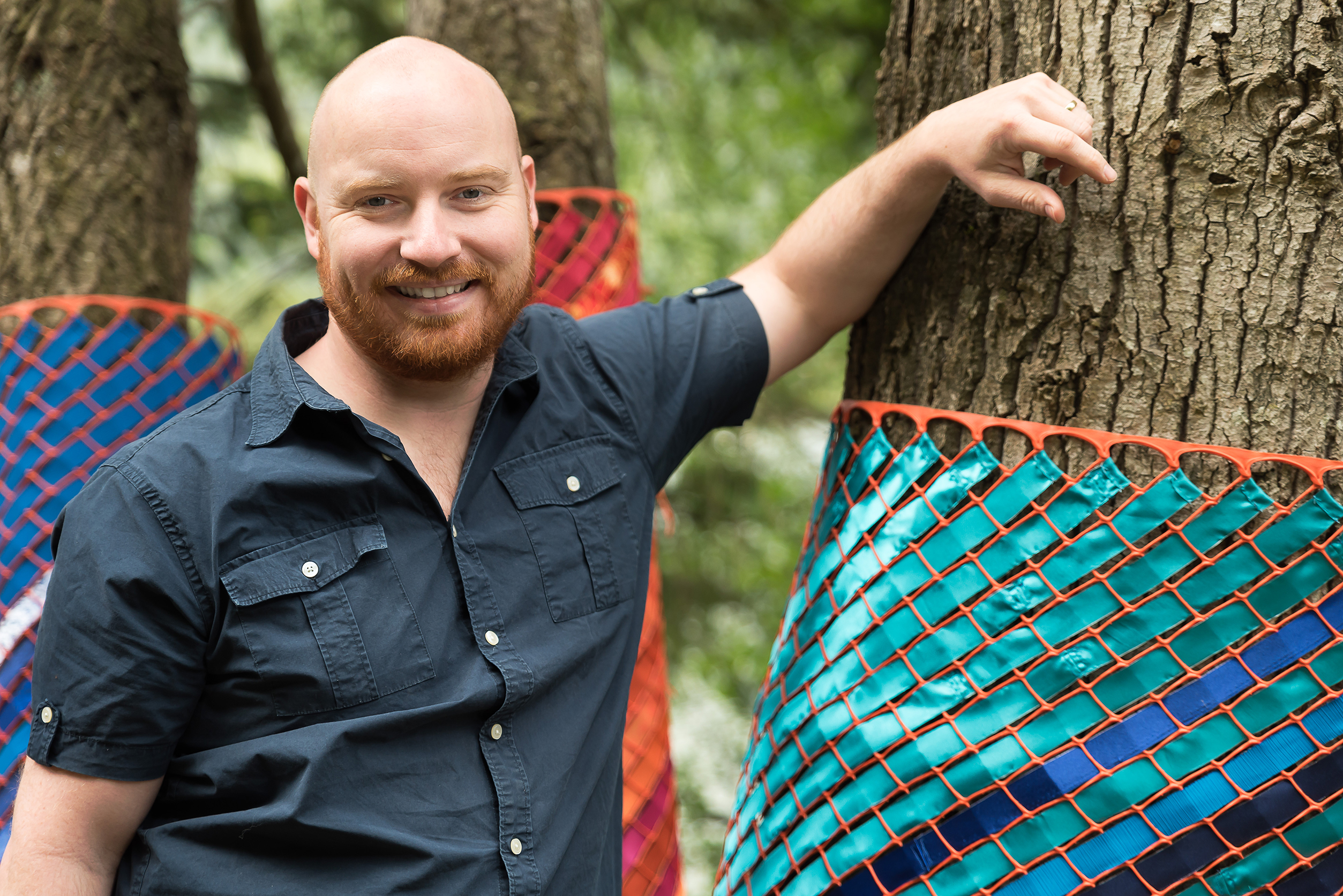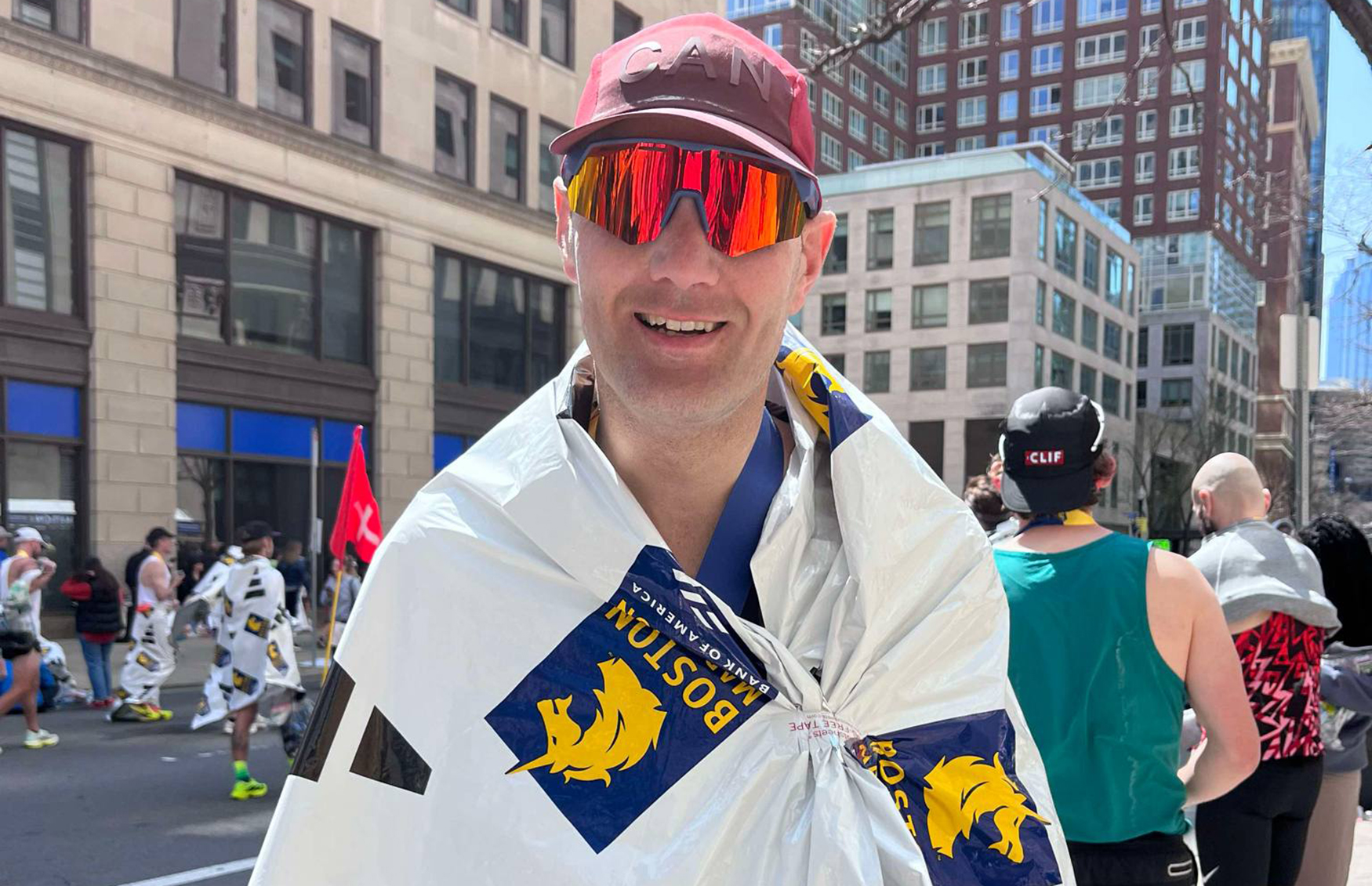Inspirational Leadership 2019: Adrienne Chan takes collective problem-solving approach to leadership
 Adrienne Chan has filled many roles in her 15 years at UFV.
Adrienne Chan has filled many roles in her 15 years at UFV.
While her most recent position was one of formal leadership (she was AVP of Research from 2013-2018), she has also been a leader outside of that role while serving as a faculty member in the School of Social Work, as a member of numerous committees, as a researcher working with a multi-agency team, and subsequent to her role as an administrator.
It is for her leadership in these various initiatives that she is being recognized with UFV’s Inspirational Leadership award in 2019.
One of Adrienne’s early leadership experiences at UFV was her role in establishing the Race and Anti-Racism Network (RAN).
“We wanted to bring issues to the table, raise awareness about racism and colonialism, and serve as support network to all at UFV who are concerned with issues of race and racism,” she recalls.
RAN has sponsored workshops, scholarly discussions, and events around the issue of race and Indigenization As a network, RAN has become an integral and important part of UFV.
Adrienne also displayed leadership skills in her community outreach work. She helped establish and chaired the Abbotsford Community Development Council.
“A group of community leaders thought it would be good to have an organization independent of the City of Abbotsford to encourage dialogue around issues of diversity, poverty, family, and social issues such as homelessness,” she notes. The Council was made up of leaders across various sectors including non-profit, health, social services, police, and granting foundations.
Adrienne is well versed in research ethics and she has chaired the Research Ethics Board at UFV. Throughout her career, she has helped faculty and students develop skills and competencies in research methods and securing research funding.
And she remains a key member of a multi-organization and First Nations research program funded by the Canadian Institutes of Health Research aimed at investigating suicide prevention strategies for Indigenous youth and their communities.
Through it all she has modeled a leadership style based on helping others achieve to their top potential.
“I believe in a collective approach to leadership,” she says. “Leaders have a vision of what is possible and help make it happen. But you can’t be a leader if no one is willing to work with you. Part of being a leader is helping others to develop their leadership skills. You need to see the strengths of the people you work with and allow them to grow from their own strengths and develop new skills. Within the philosophy of UFV no one succeeds without solid people working with you. I have worked with great people on lots of different committees and departments.
“If I have made a difference in the lives of students and employees at UFV, that is the kind of leadership I aspire to and that we should all be aspiring to.”
She also takes a problem-solving approach to leadership.
“Once you go beyond just managing to problem-solving that’s when leadership really begins to emerge, and it can happen at any level. You don’t have to be given a leadership role to be a leader. You can become one by demonstrating vision and foresight, and looking at problems with a solution focus.”
Awneet Sivia of UFV’s Teacher Education department, one of people who nominated Adrienne for the award, praises her for her “ethical and respectful” leadership style.
“She operates from an ethic of fairness, equity, and trust. She draws on her academic background to champion inclusive and forward-thinking research and scholarship. Colleagues are encouraged and supported by her in their efforts to Indigenize the institution, build reciprocal community partnerships, and conduct research that serves to uplift and give voice to marginalized populations.”




